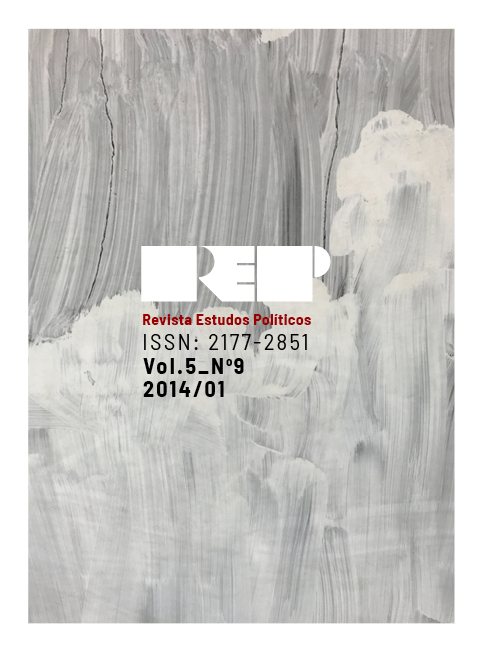From the “Washington Consensus” to the “Seoul Consensus”: What role for the State in Governance?
DOI:
https://doi.org/10.22409/rep.v5i9.40356Keywords:
Washington Consensus, Seoul Consensus, global governanceAbstract
The initial concept of governance, as specified by the World Bank in 1992 and inspired in a normative perspective by the “Washington Consensus”, was the bearer of a perspective of the withdrawal of the State in a process to which different kinds of actors were invited to provide answers to the deficit of legitimacy and effectiveness encountered by several countries. More recently, in 2010, the adoption by the members of the G20 of the “Seoul Consensus” marked a new stage in the conception of governance, thus moving away from the approach of the “Washington Consensus”. The aim of the present paper is to analyse the reasons for the transition from one Consensus to another and to specify more particularly what this evolution involves for the role of the State in Governance. To this end, this analysis investigates the limits of Governance applied according to its initial design and identifies some changes in the international system, including the arrival of emerging powers in a context of multiple crises in order to identify the repercussion on States. All of these elements lead us to reconsider the role of the State in global governance, particularly in the light of the “Seoul Consensus”.Downloads
Downloads
Published
Issue
Section
License
Para submeter um manuscrito, os autores devem realizar o cadastro na plataforma, fornecer os dados solicitados e seguir as orientações recomendadas. Para tanto, será necessário apresentar o número da identidade de pesquisador. Para obtê-lo, é necessário realizar o cadastro na plataforma Open Researcher and Contributor ID (ORCID).
Ao submeter um manuscrito, os autores declaram sua propriedade intelectual sobre o texto e se comprometem com todas as práticas legais relativas à autoria. A submissão implica, ainda, na autorização plena, irrevogável e gratuita de sua publicação na REP, a qual se responsabiliza pela menção da autoria.
A REP tem acesso aberto e não cobra pelo acesso aos artigos.
Orientando-se pelo princípio de que tornar público e disponibilizar gratuitamente o conhecimento científico contribui para a democratização mundial do conhecimento, a REP adota a política de acesso livre e imediato ao seu conteúdo.
No mesmo sentido, a REP utiliza a licença CC-BY, Creative Commons, a qual autoriza que terceiros distribuam, remixem, adaptem e criem a partir do trabalho, inclusive para fins comerciais, desde que se reconheça e torne público o crédito da criação original.
Para mais informações, contatar a editora através do e-mail revistaestudospoliticos@gmail.com


